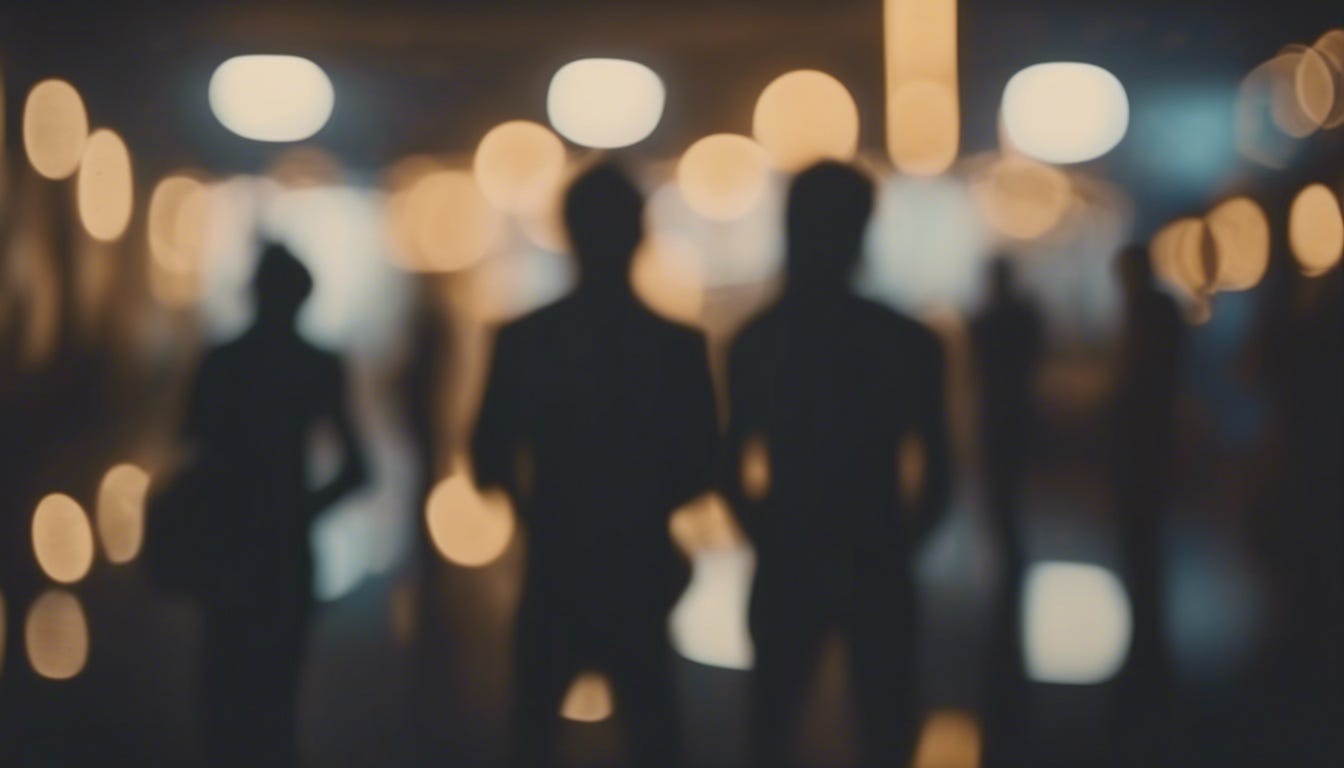Seeing Beyond Ourselves
Welcome to the beauty of your self, where wisdom quietly reveals itself when we pause to listen.
Contemplation begins with the humble recognition that our perspective is limited. Reality is infinitely larger than what we can see from any single vantage point. Each of us carries a lens shaped by personal experience, cultural conditioning, and unconscious patterns. Without awareness of these influences, we risk mistaking our narrow view for the whole truth.
Awakening to this reality is not easy. It requires an inner turning—a willingness to question what we assume is certain. Simone Weil’s insight, that “the love of God is the unique source of all certainties,” suggests that genuine clarity arises when we move beyond our ego’s need to be right. When we shift our attention away from our tightly held narratives and open ourselves to something greater, we encounter a grounding presence that reveals a deeper truth.
To engage this practice, we must first recognize our own blind spots. What are the ideas we fiercely defend? What truths do we resist? What discomfort do we avoid? Until we become aware of these patterns, we are likely to remain caught in illusion. Early-stage contemplation invites us to see ourselves honestly—not with harsh judgment, but with compassionate curiosity. This is the beginning of wisdom: the courage to notice what we have overlooked.
Those who commit to this inner work gradually develop a new kind of seeing. Instead of interpreting reality through the narrow lens of personal need or fear, they begin to perceive what is—whether pleasing or painful, familiar or unsettling. This capacity to embrace reality as it is marks the contemplative path. It is not about withdrawing from life, but about learning to stand in the midst of it with greater openness and presence.
Our natural inclination is to protect the fragile self-image we’ve built, yet authentic spiritual growth requires us to move beyond this defensive posture. Until we let go of our small self's constant grasping for security and certainty, we will continue to distort reality. Most of us don’t see things as they are; we see them as we are.
Yet there are moments when something deeper breaks through—a glimpse of a larger self, a profound awareness of connection, or an unexpected sense of awe. These moments humble us. They still the mind, soften the heart, and open us to the sacred. As T. S. Eliot observed, “human kind cannot bear very much reality.” But contemplation invites us to trust that we can.
In the quiet place where thoughts lose their urgency, truth waits.
Not a truth to defend, but one that unfolds in spaciousness.
In this stillness, the heart widens.
Reality appears—not as we desire it to be, but as it is.
And somehow, this seeing feels like home.




